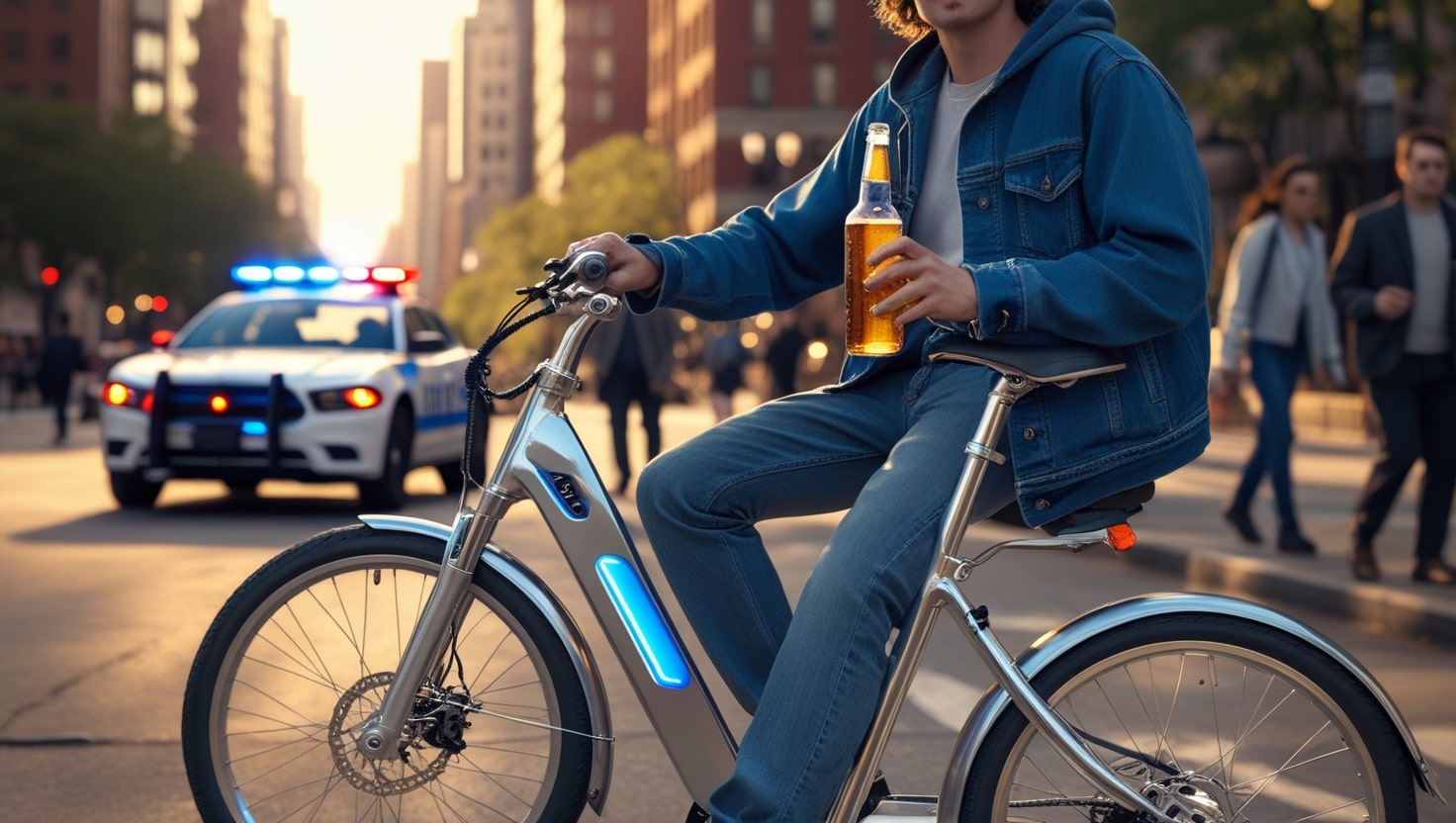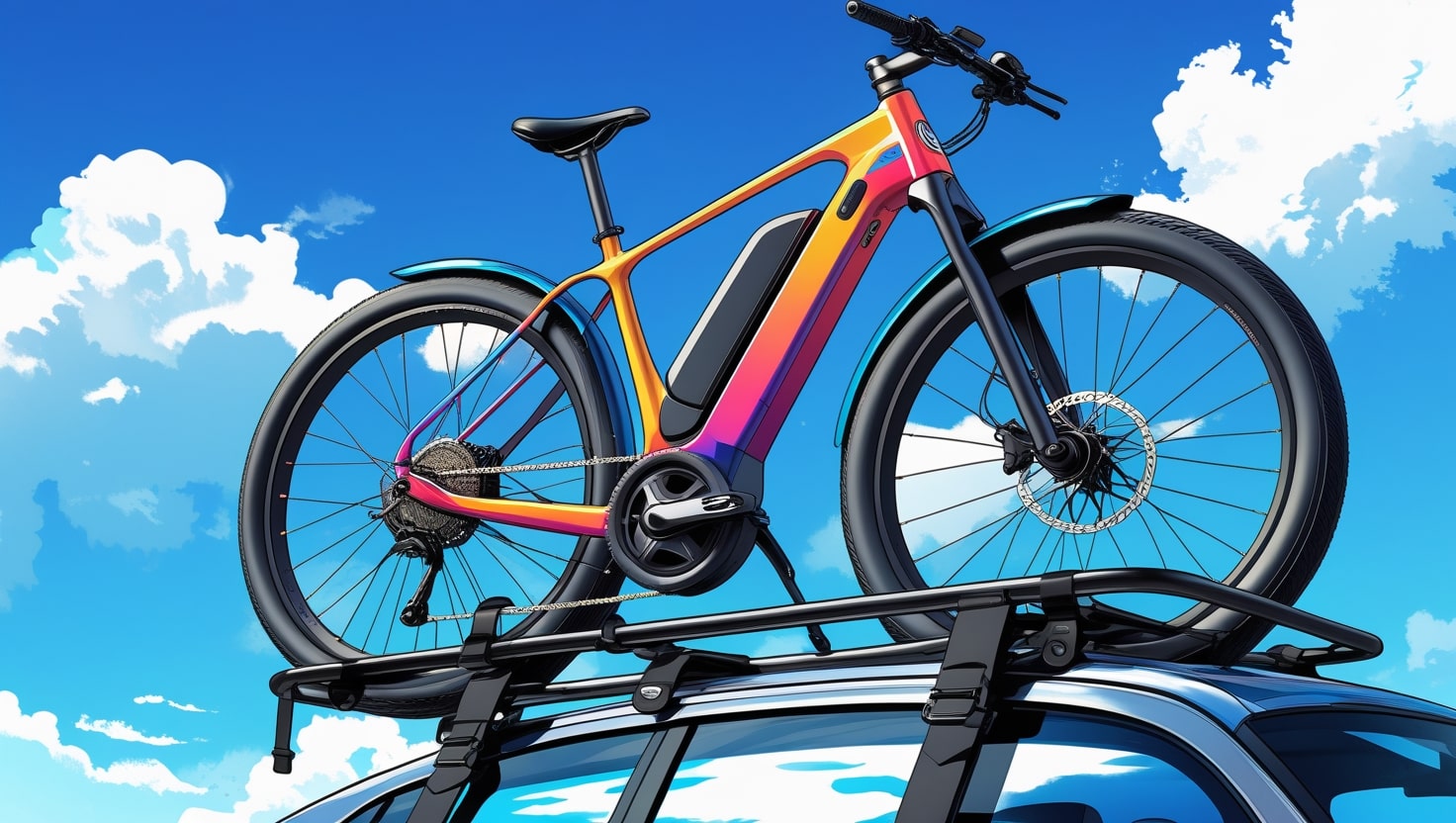Riding a motorcycle gives an unmatched feeling of freedom and adventure, but there are real risks involved. Wearing a helmet is one of the most important pieces of safety gear for any rider. Helmet laws vary by state. Some states require all riders to wear helmets, while others allow certain riders to opt out of this protection, allowing them to choose their own.
Knowing which states can you ride a motorcycle without a helmet is key, especially as these laws vary widely in terms of who they apply to. This blog addresses the question of helmet use, clarifying where you’re legally required to wear one and where anyone might have the choice. The importance of safety on the road is undeniable, but the decision to wear a helmet reflects a balance between protection and that sought-after freedom.
Related: What Goes On at Sturgis Bike Rally
States Without Motorcycle Helmet Laws
In the states of New Hampshire, Illinois, and Iowa, there are no motorcycle helmet laws in place, which means riders are not required by state law to wear a helmet. This freedom to ride without a helmet is unique to these areas. However, as soon as you cross into Vermont, where a helmet is mandated for all passengers, you’ll need to put one on. In the past, both Iowa and Illinois had universal helmet laws; Iowa repealed theirs in 1976, and Illinois followed suit earlier, in 1970.
States with Motorcycle Helmet Laws That Apply to All Riders
States like Georgia have “universal” motorcycle helmet laws, meaning the requirement applies to all motorcycle drivers and passengers, regardless of age.
- Alabama, California, and Georgia are just a few of the states that have strict helmet laws for all riders, regardless of age or experience.
- In Louisiana and Maryland, you must wear a helmet anytime you ride, reflecting a commitment to safety across all motorcycles.
- Massachusetts and Mississippi also require helmets, aiming to reduce the risks and injuries associated with motorcycle riding.
- Nebraska, Nevada, New Jersey, and New York are other states where helmets are mandatory for every rider.
- In North Carolina and Oregon, the law is clear—helmets are required for all riders, ensuring protection on the roads.
- Tennessee, Vermont, Virginia, Washington, and West Virginia also uphold these regulations, making helmet use mandatory for anyone who takes to the road on a motorcycle.
Each of these states enforces universal helmet laws, so entering them means you’ll need a helmet for yourself and a passenger.
Many of these extreme states are located along the coast, so if you’re planning a road trip on the east or west coast, it’s best to keep your helmet with you the entire trip.
States with Motorcycle Helmet Laws That Apply to Specific Riders
Most states have some helmet laws, though not universally enforced. Generally, these laws focus on underage drivers and passengers. For example, in states like South Carolina, helmet requirements apply only to those 20 years of age or younger.
Riders 25 Years Old and Younger Need Helmets
- Missouri
Riders 20 Years Old and Younger Need Helmets
- In Arkansas, Florida, and Kentucky, helmet laws primarily apply to younger riders, often focusing on those 20 years old or younger.
- Michigan and Pennsylvania follow similar rules, where helmets are required for young motorcycle passengers and drivers.
- In Rhode Island and South Carolina, young riders need to wear helmets by law.
- Texas and Utah also enforce this age-based approach, meaning that anyone under 21 needs a helmet for protection while on the road.
These states emphasize safety for younger riders, with helmet requirements intended to reduce risks for those just starting their riding journey.
Related: Are Mini Bikes Street Legal
Riders 18 Years Old and Younger Need Helmets
- Delaware
Riders 17 Years Old and Younger Need Helmets
- In Alaska and Arizona, helmet laws focus on young riders under 17 years old, requiring them to wear helmets for safety.
- Colorado, Connecticut, and Hawaii have similar rules, applying helmet requirements to motorcycle passengers and drivers who are 17 or younger.
- Idaho, Indiana, and Kansas also enforce this age-specific approach to protect younger riders.
- The states of Maine, Minnesota, and Montana continue this trend, requiring helmets for younger riders only.
- In New Mexico, North Dakota, Ohio, and Oklahoma, the law mandates helmets for minors.
- South Dakota, Wisconsin, and Wyoming also have helmet laws aimed at 17-year-old riders or younger to encourage protection.
These states are particularly attentive to the safety of younger riders, focusing on helmet use to help prevent injuries at a more vulnerable age.
Related: How to Get a Free Electric Bike

Mopeds and Other Vehicles
In many states, a helmet is required by law not only for motorcycles but also for mopeds and similar motorcycle-like vehicles. Whether you’re in Alabama, Alaska, California, or Colorado, each of these states has rules that require riders to wear a helmet while operating these types of vehicles. Other states like Indiana, Maryland, Nebraska, and Washington also enforce helmet requirements for mopeds to increase safety for riders. This means that even if you’re riding a smaller or less powerful vehicle, you’re still expected to follow the same helmet laws as motorcyclists.
In states like Maine and New York, however, helmet use depends on specific qualifications related to the vehicle itself. For example, if a moped or motorcycle-like vehicle can reach certain speeds or has a particular level of horsepower, a helmet may be required. This approach allows some flexibility for riders but also ensures that higher-speed vehicles are managed with more caution.
Eye Protection and Other Laws to Know About
- Alaska: Helmets must have reflectors and cannot include speakers for motorcycle riders.
- Arizona: Motorcycle operators are required to use goggles, glasses, or a face shield.
- Connecticut: Riders must have safety goggles, a helmet shield, or a safety shield while on a motorcycle.
- Delaware: Riders under the age of 19 need eye protection.
- Florida: Motorcycle operators must wear eye protection approved by the DMV.
- Georgia: Riders need a windshield or eye protection for safety.
- Hawaii: Motorcycle operators should use safety glasses, a face shield, a windscreen, or goggles.
- Illinois: Both operators and passengers must have glasses, goggles, or a shield.
- Indiana: Motorcycle operators and passengers under 18 must wear eye protection.
- Kansas: Requires safety glasses, a face shield, a windscreen, or goggles for motorcycle operators.
- Louisiana: Operators must use a windscreen or protective eye gear.
- Maryland: A windscreen or protective eye gear is mandatory, which must allow an angle of vision of 105 degrees.
- Massachusetts: Motorcycle operators must have a windscreen or protective goggles, except during parades.
Minnesota: Motorcyclists are required to wear protective eyewear.
Nebraska: Helmets must be securely fastened with a chin strap on the head of either the rider or passenger.
Nevada: Motorcyclists must have safety glasses, a face shield, a windscreen, or goggles.
New Hampshire: Motorcyclists need to wear safety glasses, a face shield, a windscreen, or goggles.
New Jersey: Helmets must be strapped securely to the head of the rider or passenger.
New York: Motorcyclists are required to use a face shield or goggles.
Ohio: Riders must wear protective eyewear while on a motorcycle.
Oklahoma: Riders are required to have safety glasses, a face shield, a windscreen, or goggles.
Pennsylvania: Riders are required to use safety glasses.
Rhode Island: Protective eye gear is mandatory for motorcyclists.
South Carolina: Riders must use either a face shield or goggles.
South Dakota: Protective eye gear is required and must not be tinted or shaded.
Tennessee: Riders must have safety glasses, a face shield, a windscreen, or goggles.
Vermont: Motorcyclists must wear protective eye gear.
Virginia: Riders need safety glasses, a face shield, a windscreen, or goggles.
West Virginia: Safety glasses, a face shield, a windscreen, or goggles are required for riders.
Wisconsin: Riders are required to use safety glasses, a face shield, a windscreen, or goggles.
Motorcycle Safety Tips
No matter what your state’s helmet laws are, safety should always be your top priority when riding a motorcycle. Here are some important motorcycle safety tips to remember:
- Even if your state does not require a helmet by law, always wear a DOT-compliant helmet for added safety.
- Use protective gear like eye protection, gloves, long pants, a jacket, and sturdy footwear to stay protected on the road.
- Keep your motorcycle in proper working order with regular maintenance to prevent unexpected issues.
- Obey traffic laws, follow speed limits, and pay attention to road signs to ensure a safer ride.
- Stay aware of your surroundings, especially in heavy traffic or during adverse weather conditions for a smooth, safe journey.








